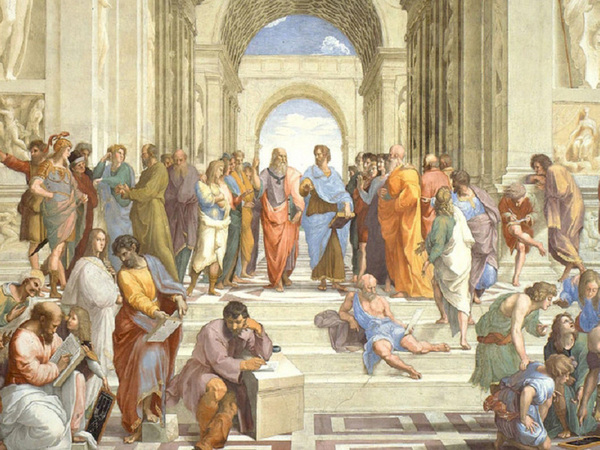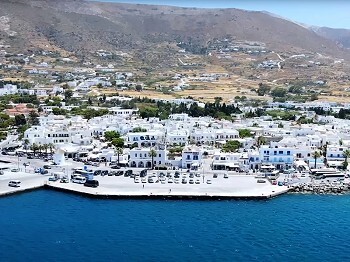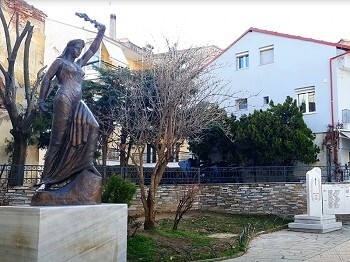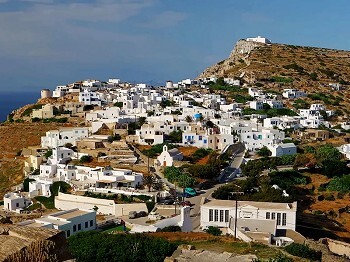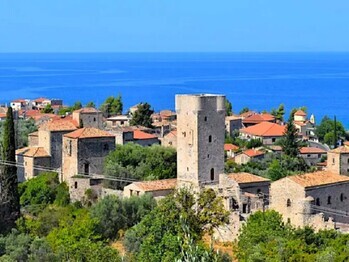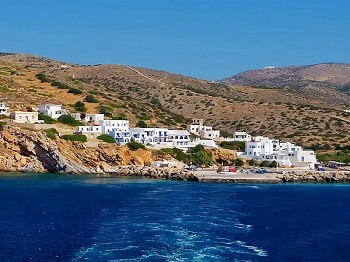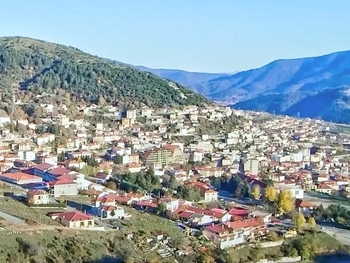The literature of Greece began with lengthy epic poems, predictions of war, and adventurous tales, establishing the profound connection between the ancient Greeks and their gods. These narratives, including tragedy, comedy, history, and philosophical dialogues, crafted during the 5th and 4th centuries BC, formed the cornerstone of Western literature. Much of our understanding of the Greeks stems from their literary works.
EPIC POETRY
Long before the Mycenaean palaces rose in the 2nd millennium BC, poets spun tales of Greek heroes and gods. These epics, known as oral poems (not rhapsodes), weren't written down but passed from generation to generation, evolving as each bard added their own touch.
Delving into the roots of Greek literature, we find the emergence of epic poetry as early as the 2nd millennium BC, preceding the construction of the Mycenaean palaces. Poets, known as rhapsodes, orally transmitted the tales of Greek heroes and gods across generations. The pinnacle of this oral tradition manifested in the Iliad and Odyssey, attributed to Homer, although little is known about his life. Similarly, Hesiod, renowned for works like Theogony and Works and Days, contributed to this era around 700 BC. While Homer's works remained oral, Hesiod possibly transcribed his poems, though evidence is scant.
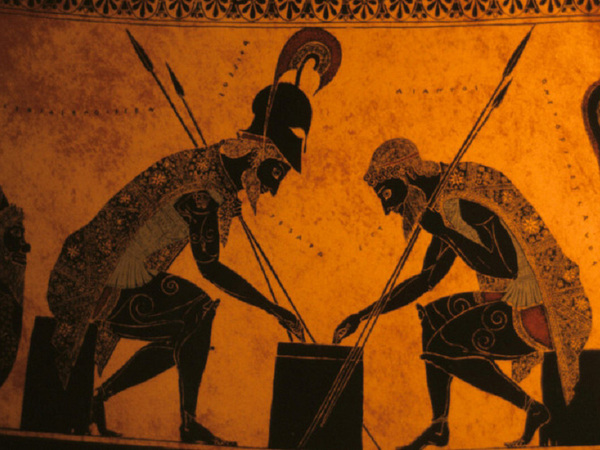
PASSIONATE POETRY
In intimate settings like symposia, where cultivated drinking parties were held, Greek poets crafted shorter forms of poetry brimming with passion, whether love, hatred, or political fervor. Figures like Archilochus, Alcaeus, and Sappho left behind fragments of their compositions, offering glimpses into the elite society of the time. While misogyny pervaded much of this poetry, Sappho's verses stand out for portraying a woman engaging in literary pursuits and expressing intense emotions for other women in a male-dominated society.
HISTORY
Prior to the 5th century BC, Greek literature primarily comprised poetic compositions, with even early philosophy presented in verse form. However, the latter part of the 5th century ushered in a new tradition of prose histories, notably initiated by Herodotus with his account of the Greco-Persian Wars. Herodotus contextualized the conflict and provided ethnographic insights into the vast Persian Empire. Thucydides, focusing on the Peloponnesian War, followed with a narrower political narrative, setting a precedent for later historians.
Unlike his predecessors who focused on broader narratives, Thucydides narrowed his scope to the Peloponnesian War (431-404 BC). He aimed for objectivity, meticulously recording what people said about the past. Thucydides wasn't just interested in events; he strived to uncover the underlying truth behind the war's political machinations. His rigorous methods became a model for later historians, though few could rival his profound understanding of human nature.
ORATORY
Public discourse held immense significance in Greek political life, particularly evident in the Archaic period. By the late 5th century BC, the art of persuasive speech gained prominence, with orators like Lysias and Demosthenes publishing their speeches, shedding light on Athenian politics and societal dynamics. Demosthenes' verbal assaults on Philip of Macedon became exemplary for subsequent politicians, influencing even the rhetoric of Roman statesmen and later European thinkers.
Extant Athenian texts offer a window into both the public sphere of Athenian politics and the darker aspects of private life. The scathing attacks launched by Demosthenes, a 4th-century BC Athenian statesman, against Philip of Macedon became a source of inspiration for Roman politicians seeking to vanquish their rivals. Centuries later, the 18th-century European rediscovery of classical antiquity saw Demosthenes once again hailed as a role model, particularly in the realm of politics.
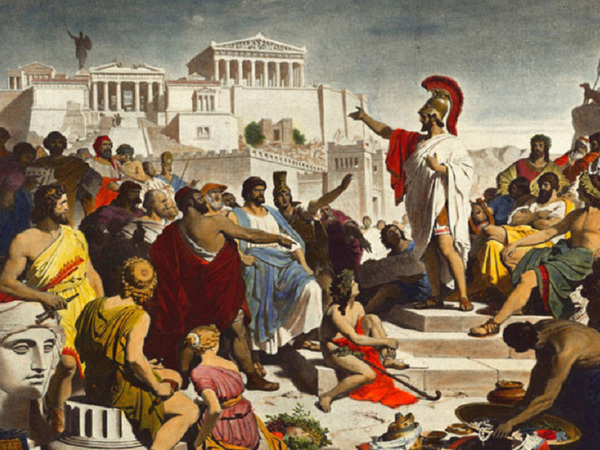
DRAMA
The legacy of Greek drama, predominantly tragedy and comedy, rests largely on the works of Aeschylus, Sophocles, and Euripides during the 5th century BC. While tragedy delved into individual psychology, evident in plays like Euripides' Medea, comedy of the 5th century was replete with contemporary references and bawdy humor. The evolution of "new" comedy in the 4th century BC introduced situational humor and diverse character archetypes.
GREEK PHILOSOPHERS
In the late 5th century BC, Socrates emerged as a moral authority in Athens, his teachings preserved through Plato's "Socratic dialogues," which explored concepts of justice, virtue, and courage. Plato's Academy and Aristotle's Lyceum furthered philosophical inquiry, contributing to Athens' stature as a center of learning. Raphael's portrayal of Athens in the Vatican reflects this intellectual legacy, immortalizing the city as a beacon of philosophical enlightenment and academic pursuit.
